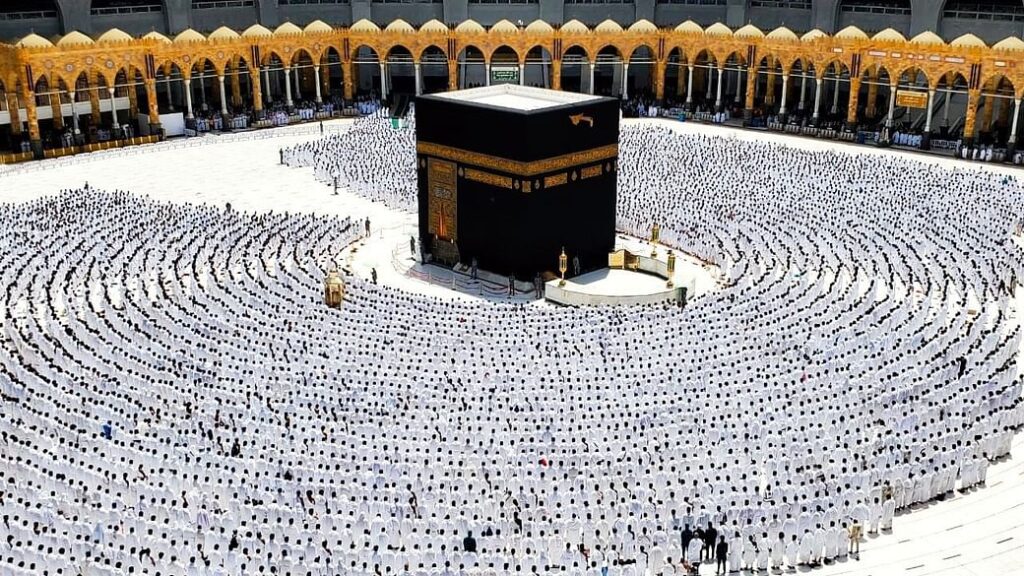
Outline of Types crowds article
Crowds are an integral part of social life. In various events and situations, we witness gatherings of individuals formed to achieve common goals or express shared affiliations and emotions. From entertainment crowds that gather for enjoyment and leisure, to political crowds that unite to demand change, religious crowds that congregate for spiritual devotion, emergency crowds that assemble in times of emergencies and disasters, and social crowds that gather in daily interactions, we will explore in this article a range of crowd types and what distinguishes each type in its formation and purpose.
Definition of Crowds
Crowds can be defined as large groups of individuals who come together for a common purpose or to achieve a specific goal. Crowds can form in various contexts and situations, ranging from public events and political demonstrations to emergencies such as natural disasters or accidents. Crowds are characterized by weak organization, shared emotions, and their ability to influence and act as a unified entity.
Definition of Crowd Management
Crowd management is an art and science aimed at controlling and directing crowds safely and effectively. It is a crucial aspect in events and situations involving large numbers of people, as security issues and disturbances can arise if crowds are not managed properly. Crowd management involves analyzing collective behavior, communication, and organization to maintain order and ensure the safety of individuals.
Types of Crowds
Crowds consist of individuals who gather together for a common purpose or to achieve a specific goal. The types of crowds vary based on the nature of the gathering and the context in which it occurs. Let’s take a look at some common types of crowds:
Entertainment Crowds
Entertainment crowds are gatherings that come together for shared recreational activities. They can include music concerts, sports events, and cultural festivals. These crowds are characterized by a relaxed and enjoyable atmosphere, where individuals seek entertainment and shared experiences.
Political Crowds
Political crowds form when individuals gather to express their political opinions and positions. They may assemble in protests and public demonstrations to demand change or voice support or dissent on specific political issues. This type of crowd is characterized by political passion, enthusiasm, and a desire to influence and bring about change.
Religious Crowds
Religious crowds gather for religious and spiritual purposes. They can involve participation in communal prayers, religious festivals, pilgrimage, and visits to sacred religious sites. This type of crowd is characterized by religious devotion, spirituality, and communal connection with the religious community.
Emergency Crowds
Emergency crowds form in situations of emergencies and natural disasters or tragic incidents. Individuals gather in these crowds to seek safety, support, and assistance. Managing emergency crowds requires rapid and effective organization to guide individuals and provide necessary aid.
Social Crowds
Social crowds include everyday public gatherings that involve people in their social lives. They can include markets, parks, restaurants, and other social occasions. This type of crowd is characterized by ordinary social interaction and engagement among individuals.
Expert Vision Consulting Company (EVC): The Leading Crowd Management Consultancy
Expert Vision Consulting is one of the top companies providing crowd management consultancy. The company stands out for its extensive experience and specialized team that analyzes collective.
Expert Vision Consulting works with many government agencies and private companies to provide comprehensive crowd management solutions. Its services include data analysis, predicting group behavior, training security personnel, and developing emergency plans. The expert advisory vision aims to achieve the security and safety of crowds and achieve common goals in a systematic and professional manner.